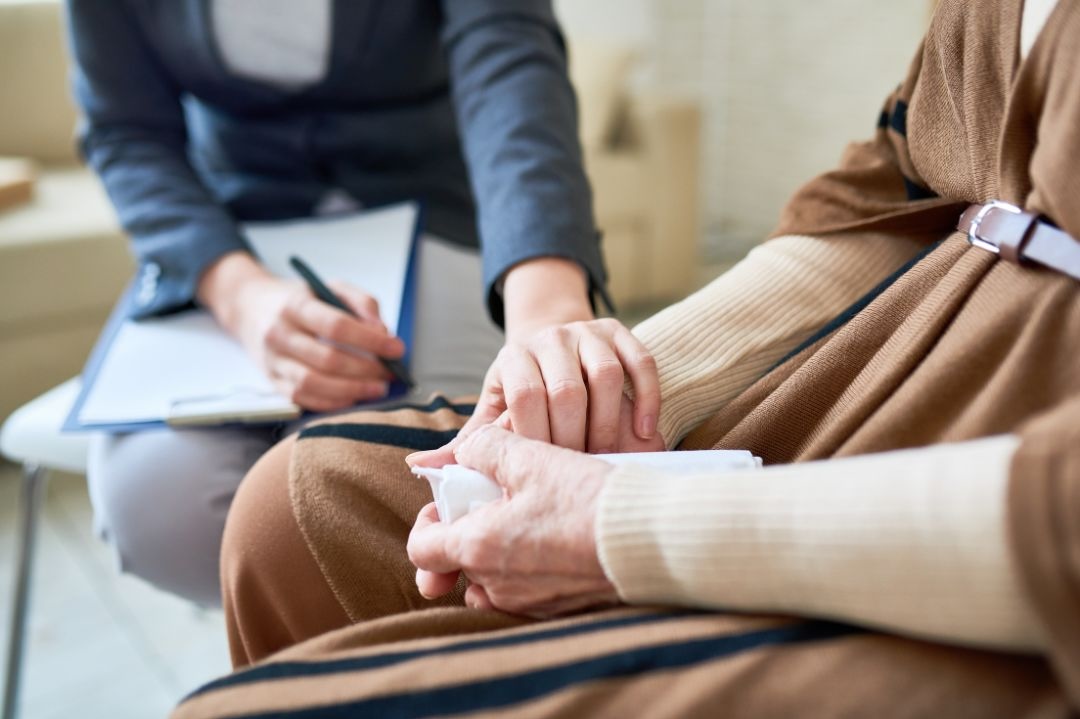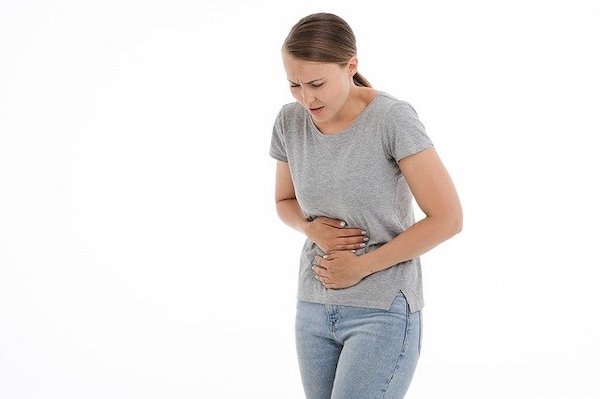Faecal incontinence – also known as bowel incontinence – is more common than you would think. Unfortunately, it is a subject which is still not as openly talked about as it should be. Bowel incontinence affects 1 in 10 people in the UK, making it more prevalent than many well-known diseases such as epilepsy or diabetes.
What is Faecal Incontinence?
If you cannot control a liquid stool (diarrhoea) or a solid motion, then you have faecal incontinence. This may be a daily problem or happen from time to time. You may also experience involuntary passage or loss of wind.
Causes of Bowel Incontinence
There are several causes of bowel incontinence or faecal incontinence, and some are more common than others. The most common cause of faecal incontinence is damage to one or both of the anal sphincter muscles. Causes of anal sphincter damage can include tears to the anal sphincter during childbirth.
The external anal sphincter is responsible for delaying bowel emptying once the rectum fills and the urge to empty the bowel is felt. People with a weak or damaged external sphincter muscle typically experience urgency and if they can’t reach a toilet in time, they become incontinent.
Symptoms of Faecal Incontinence
People with a damaged internal anal sphincter usually complain of ‘passive soiling’. Soft stool or small pellets of stool just leak out without the person realising it is happening.
Other common causes are;
- Constipation can be both a cause of faecal incontinence and also a symptom of faecal incontinence. You can become constipated if you have difficulty emptying your bowel
- Diarrhoea can be a cause of faecal incontinence and also a symptom of faecal incontinence. Diarrhoea can be chronic, i.e. ongoing and recurring, or acute, i.e. sudden and unexpected
- People with disorders such as Parkinson’s disease, Multiple Sclerosis, Stroke, spinal cord injury and Alzheimer’s can sometimes develop faecal incontinence that is associated with their illness
- Some medications, like antibiotics can cause loose stools /diarrhoea, which may make symptoms worse
- People with inflammatory bowel diseases, which can cause diarrhoea and an urgent need to go to the toilet.
Patient Stories
Sometimes, reading a patient story can help you more than reading an information sheet. If you want to read real-life accounts of living with conditions such as faecal incontinence and the treatments used to manage the symptoms, please visit our Patient Stories.
Further Information
We have more information on Faecal incontinence which you can download.
If you are concerned about your problem and it is starting to affect your day-to-day life make an appointment to see your doctor, continence nurse, specialist physiotherapist or colorectal nurse specialist. A continence nurse and specialist physiotherapist are healthcare professionals specialising in bladder and bowel problems.
Before you see your GP, It is useful to keep a Bowel Diary for a week or so before your appointment to record things such as how many times you go to the toilet, any accidents you have and what you eat or drink. This will be useful for the Doctor as it may highlight an underlying cause of your symptoms.
Frequently asked questions
Can faecal incontinence be cured?
You can improve faecal incontinence symptoms by changing your diet, taking medications, performing pelvic floor exercises, and training your bowels. You should also consult your doctor, who can recommend ways to help manage and treat bowel incontinence.
What are the first signs of bowel incontinence?
Some of the most common signs of bowel/faecal incontinence are:
- Diarrhoea.
- Constipation.
- Leaking stool, gas or fluid from the back passage.
- An urgent and sudden need to have bowel movements.
- Streaks or stains of stool on your underwear.
Can I wear pads for faecal incontinence?
You can wear disposable incontinence pads to absorb any leakage and prevent you from getting soiled underwear. The pad or liner must always be changed once soiled for good hygiene practices.
What should I do if I am leaking poo?
If you are experiencing symptoms of faecal incontinence or notice poo in your underwear, you must speak to your doctor for a consultation. They can give you the best advice based on your symptoms. It is always best to see a professional as soon as you start to notice these symptoms so that you can continue living a quality lifestyle.








